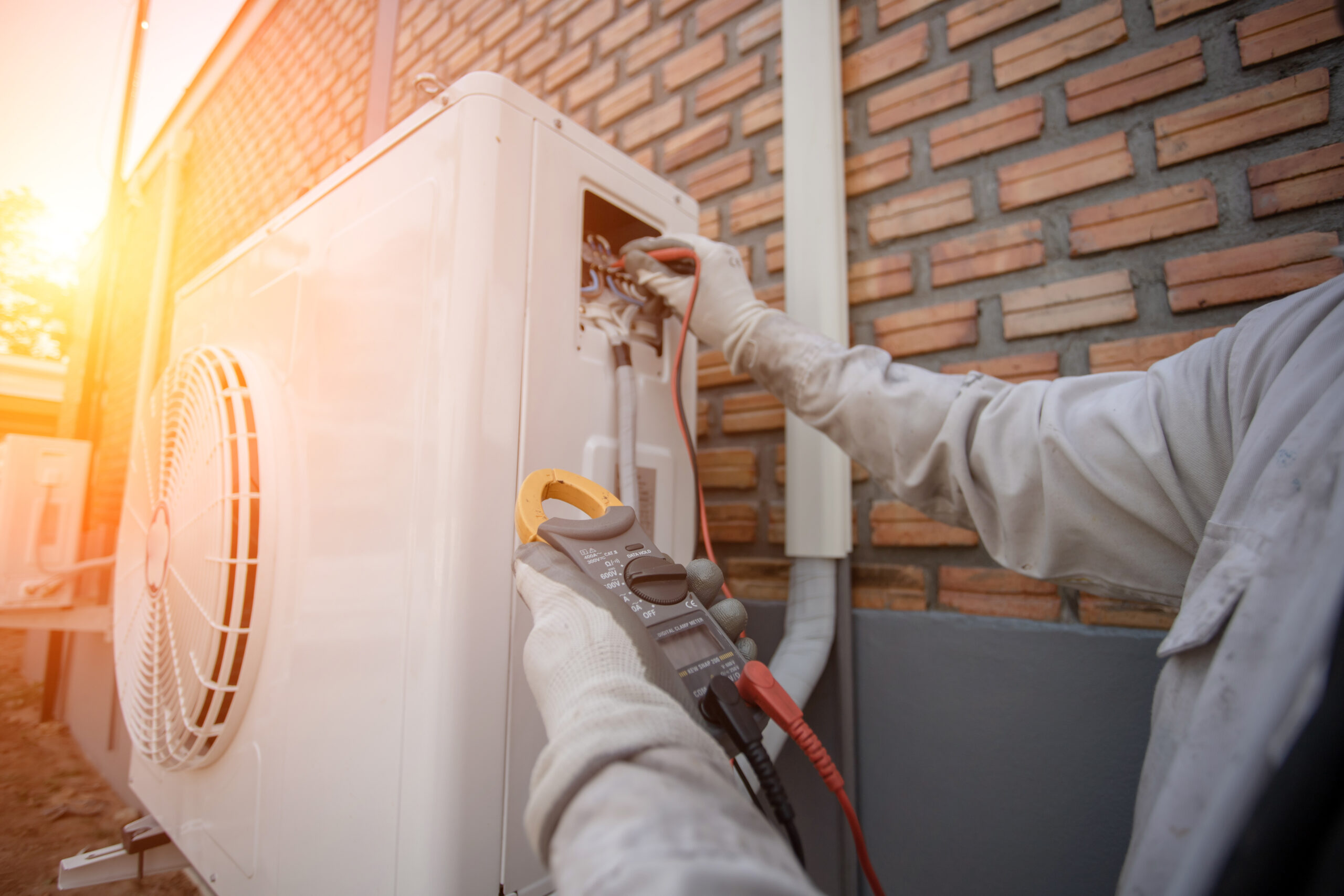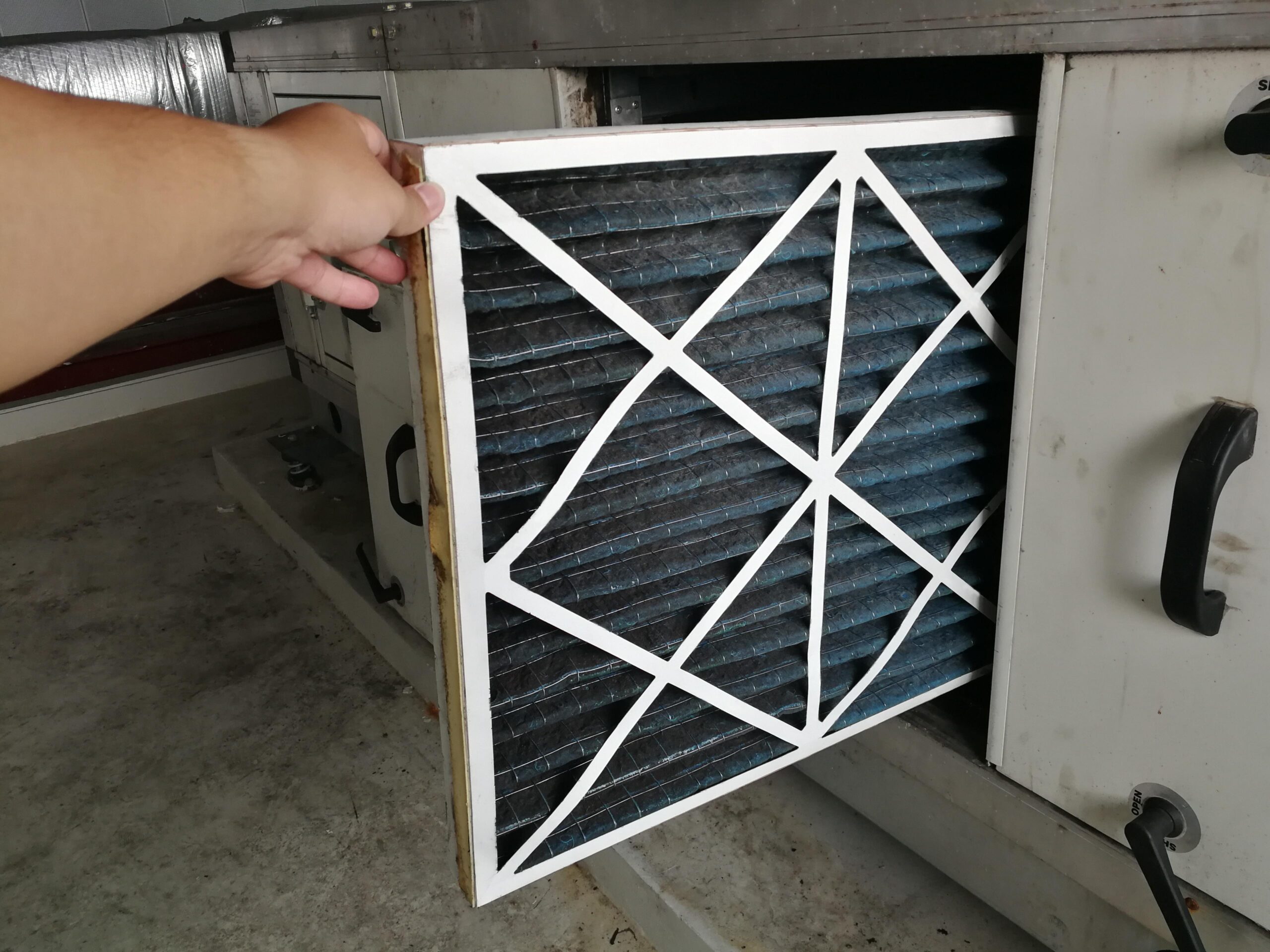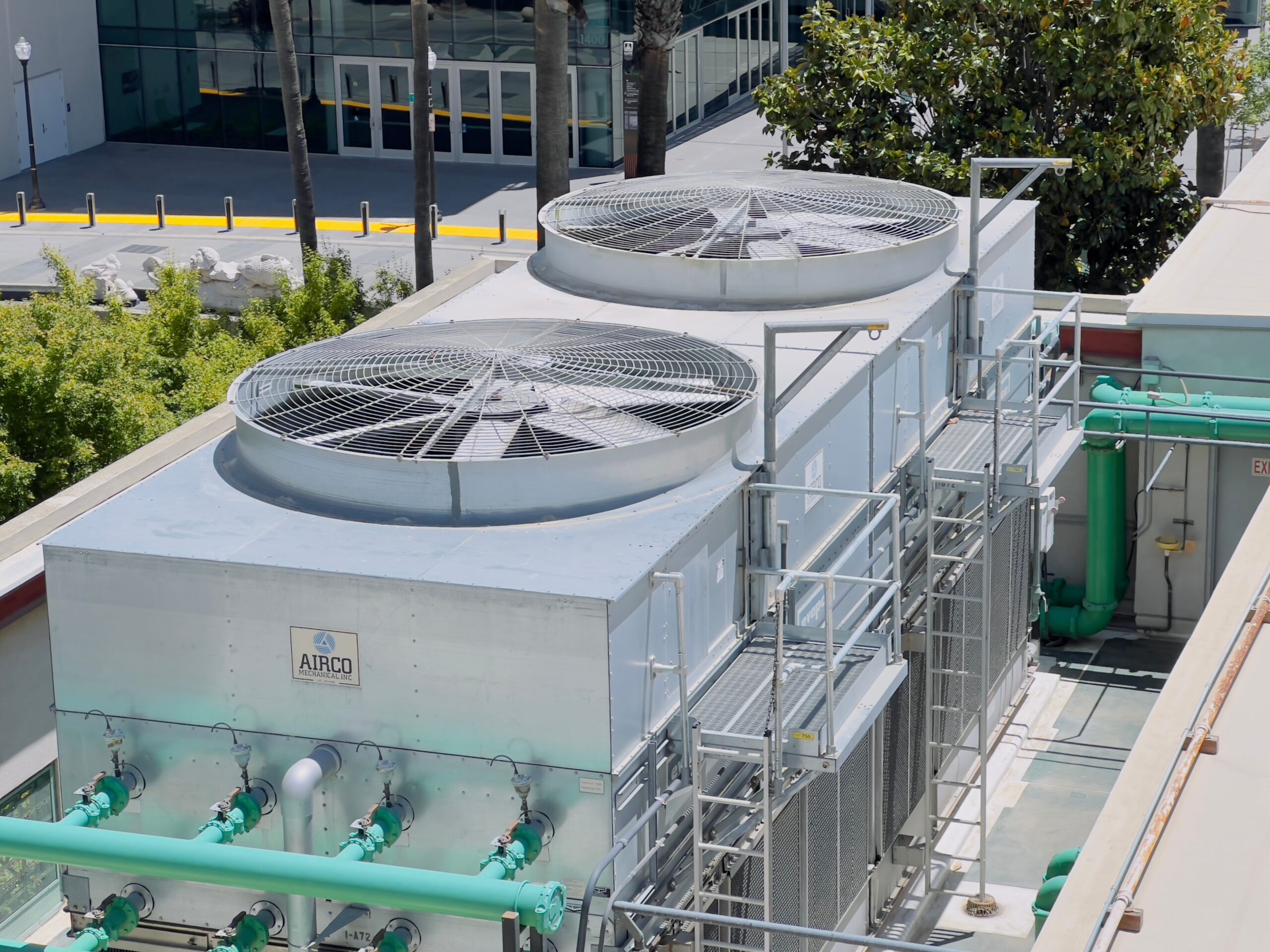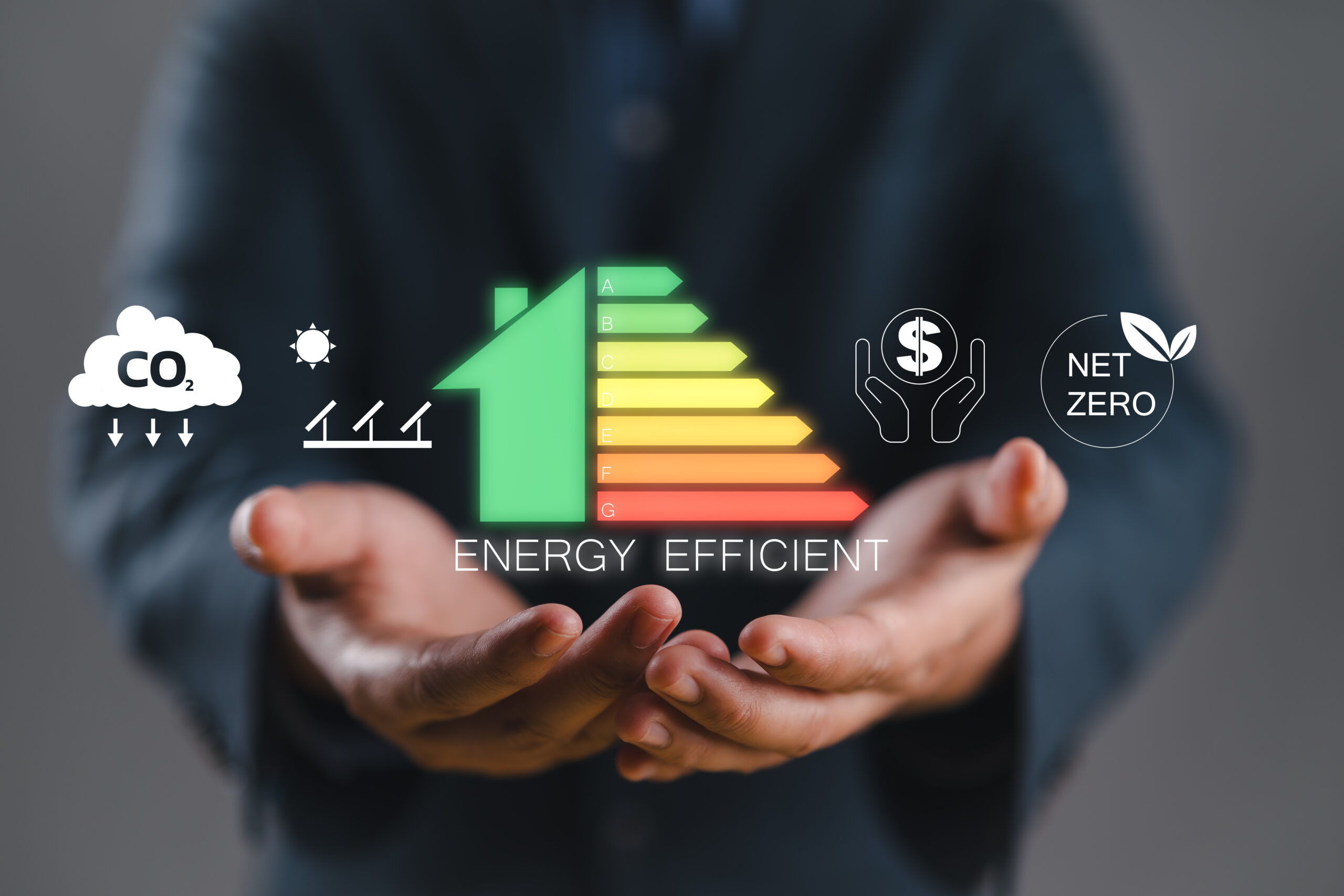Should I Repair or Replace My Heat Pump?

As a homeowner, you rely on your heat pump to keep your home comfortable year-round. But when it starts acting up, you want to make the best decision for your comfort, wallet, and peace of mind. In this article, we’ll explore when it makes sense to replace your heat pump instead of repairing it, the costs involved, and other considerations to help you make an informed decision.
When Should I Replace My Heat Pump? 5 Signs Repairs Won’t Cut It
While repairing your heat pump is often the most cost-effective solution in the short term, there are situations where replacing your unit is the smarter choice. Here are five signs that indicate repairs may not be sufficient.
1. Your Current Repair Needs are Too Costly or Extensive
If the cost to repair your heat pump is more than 50% of the cost of a new unit, replacing it is generally more economical. This is especially true if your heat pump is nearing the end of its lifespan (10-15 years). Investing a large amount in repairs for a system that will likely need replacement soon is not a wise decision.
2. You Need Repairs Too Often
If you find yourself calling for repairs multiple times per year, it’s a sign that your heat pump is no longer reliable. Frequent breakdowns not only disrupt your comfort but also add up in repair costs over time. Rather than pouring money into an aging, unreliable system, it may be more cost-effective in the long run to invest in a new, more dependable heat pump.
3. Your System is Leaking Refrigerant
Refrigerant is responsible for transferring heat into and out of your home. Sure, it’s possible to repair minor leaks, but more substantial leaks often indicate a deeper issue, such as corrosion in the coils.
In addition to being costly to fix, refrigerant leaks also have environmental consequences. Many older heat pumps use R-22 refrigerant (also known as Freon), but manufacturers are phasing it out due to its ozone-depleting properties.
If your entire HVAC system is aging and experiencing issues, it might be time to consider a heat pump replacement rather than just an HVAC repair. Additionally, if your heat pump uses R-22 and develops a leak, replacing the entire system with a newer, more eco-friendly model is often the best course of action.
4. Your System is no Longer Under Warranty
Most heat pumps come with a limited warranty that covers certain repairs or replacements within a specified timeframe (typically 5-10 years.) If your heat pump is no longer under warranty and requires a major repair, you’ll be responsible for the full cost out of pocket. In this case, it may make more financial sense to put the money towards a new system that will come with a fresh warranty.
5. The Heat Pump is 15+ Years Old or Older
Even with proper maintenance, heat pumps don’t last forever. The average lifespan of a heat pump is 10-15 years. If your unit is 15 years or older and starting to experience issues, it’s likely nearing the end of its useful life. Why? As heat pumps age, they become less efficient, resulting in higher energy bills and reduced comfort.
Newer models, on the other hand, are much more efficient. Upgrading to an energy-efficient heat pump can not only reduce your energy bills but also improve your home’s overall comfort. By replacing your aging heat pump with a high-efficiency model, you can enjoy improved comfort, lower operating costs, and a reduced environmental impact.
How Much Does it Cost to Replace a Heat Pump?
The cost to replace a heat pump can vary depending on the size of your home, the efficiency rating of the new unit, and the complexity of your heat pump installation. However, on average, you can expect to pay between $10,000 and $15,000 for a new heat pump.
Benefits of Heat Pump Replacement
While this may seem like a significant investment, it’s important to consider the long-term benefits. A new, high-efficiency heat pump can:
- Save you money on your monthly energy bills
- Provide more consistent, reliable comfort year-round
- Potentially increase your home’s resale value
- Last 10-15 years with proper maintenance
In other words, it can pay dividends in comfort, savings, and peace of mind.
Factors to Consider Before Replacing Your Heat Pump
Before getting rid of your current heat pump, it’s wise to evaluate a handful of factors to be sure you’re making the right decision.
How Many More Years Can You Get Out of Your Heat Pump?
If your heat pump is relatively young (under 10 years old) and has been well-maintained, it may have several more years of useful life ahead of it. In this case, a repair may be the more cost-effective option, especially if the repair is minor and your unit is still under warranty. If your heat pump is older and experiencing more frequent issues, replacement may be the smarter choice in the long run.
Consider the 50% rule: if the cost of the repair is more than half the cost of a new unit, replacement is generally the better investment.
How Energy-efficient is Your Current System?
Older heat pumps tend to be less energy-efficient than newer models. Suppose your heat pump is more than 10 years old. In that case, it likely has a lower Seasonal Energy Efficiency Ratio (SEER) rating for cooling and a lower Heating Seasonal Performance Factor (HSPF) rating for heating than today’s units.
Currently, the minimum SEER and HSPF ratings for new heat pumps are 14 and 8.2, respectively. However, high-efficiency models can boast ratings of 20+ SEER and 10+ HSPF. By upgrading to a more efficient heat pump, you could see significant savings on your energy bills, potentially hundreds of dollars per year!
Just like your car, your heat pump needs regular tune-ups to maintain its performance. By signing up for a maintenance plan, you’re not just protecting your investment—you’re ensuring your home’s efficiency for years to come.
How Long Do You Expect to Stay in Your Current Home?
Your future plans can also play a role in the replace-or-repair decision. If you’re planning to sell your home soon, a new heat pump can be a selling point for potential buyers. It shows that you’ve invested in your home and that they won’t have to worry about replacing the system anytime soon.
On the other hand, if you’re planning to stay in your home for the long haul, consider the payback period for a new heat pump. While you’ll likely see some immediate savings on your energy bills, it may take several years to fully recoup the upfront costs of replacement. Still, for many homeowners, the improved comfort, reliability, and efficiency are well worth the investment.
Jack Lehr: Your Top Choice for Heat Pump Installation, Replacement & More
When it comes to making the decision between repairing or replacing your heat pump, there’s a lot to consider. From the age and condition of your current system to the costs involved and your long-term plans for your home, it’s not always easy to know what’s best. That’s where the experts at Jack Lehr come in. We’re here to answer your questions, provide expert guidance, and help you make the best decision for your home. Start a conversation today!
Questions or need more information?
Contact Us


We Treat You Like Family
When you choose Jack Lehr Heating Cooling & Electric, you’ll benefit from our:
When you choose Jack Lehr Heating Cooling & Electric, you’ll benefit from our:
- 50+ years of experience
- Our installation and service guarantees
- Top-of-the-line products
- Respect for your home or business
- Financing options
- And much more!



